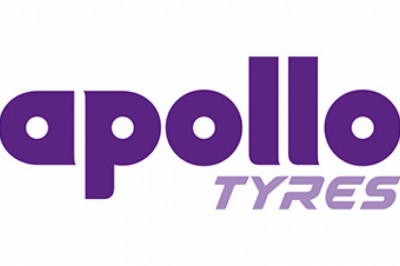views

Banks Overdraft Fees

Banks Overdraft Fees
A bank overdraft is a type of financial instrument that is provided to pre-qualified customers by the bank and given in the form of an extended credit facility, which comes into effect once the main balance of the account reaches zero.
In other simple words, the bank overdraft fees is an unsecured form of credit that is mainly used for covering short-term cash requirements.
Banks offer a credit limit to the bank customers based on their relationship with the bank. The bank levies separate interest and charges towards the non-maintenance of accounts. The interest rate for the overdraft facility may vary from bank to bank.
Types of Bank Overdrafts
There are two types of bank overdraft accounts
1. Authorised Bank Overdraft: Under the authorised bank overdraft, an agreement is made in advance between the account holder and the bank. Both the parties mutually agree on a limit which can be used for all the payments and a daily, monthly, or yearly service fee that can vary from bank to bank.
2. Unauthorised Bank Overdraft: This type of bank overdraft works well when the bank account holder has spent more than his available balance without prior authorisation or any such arrangement with the bank or if there was an arrangement done before but the limit of overdraft is exceeded.












